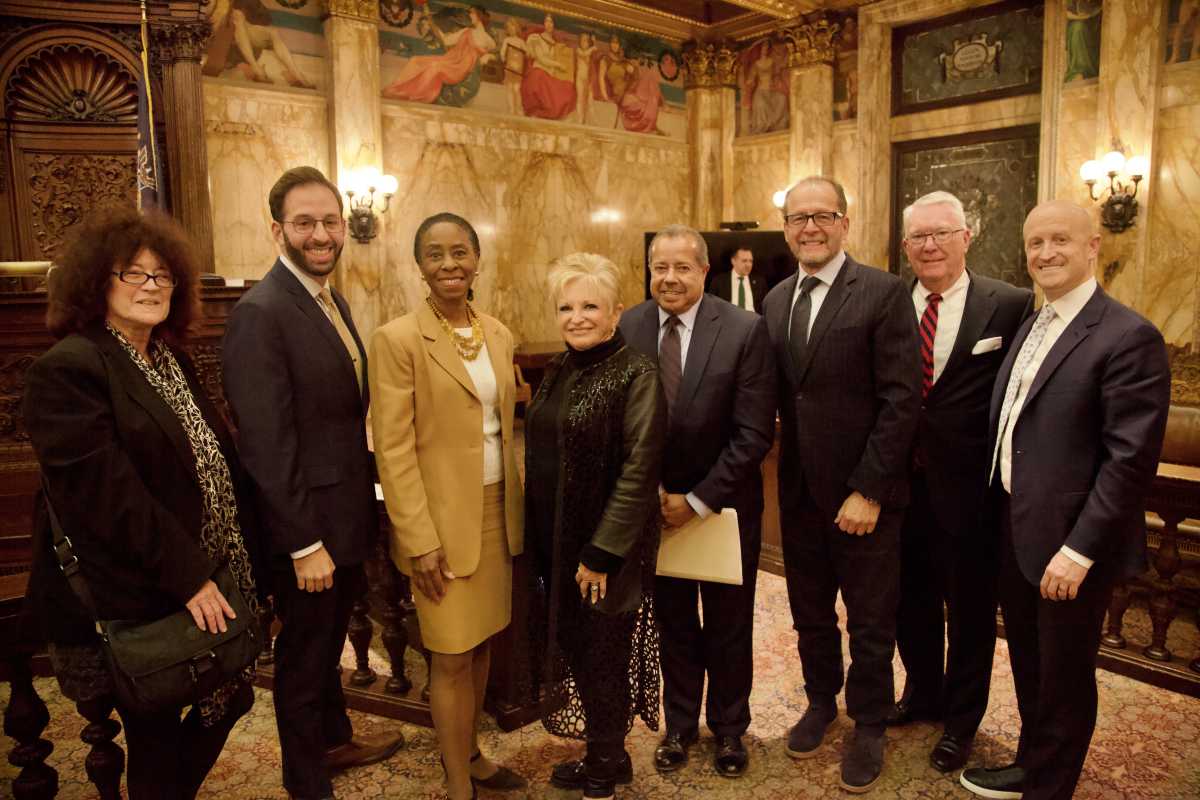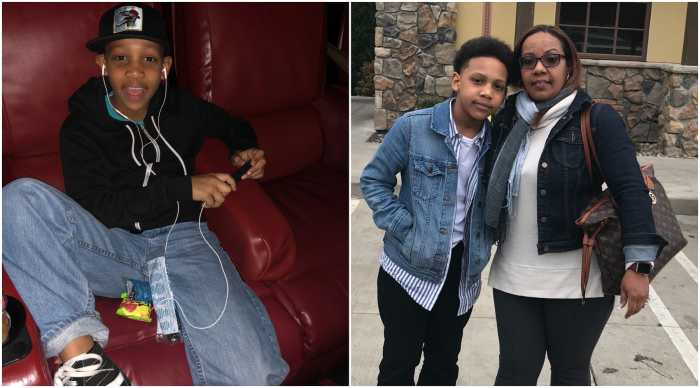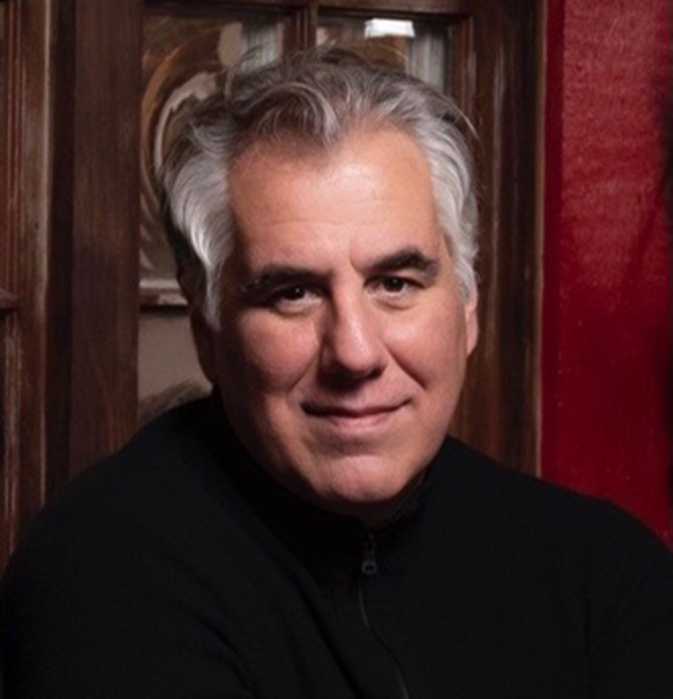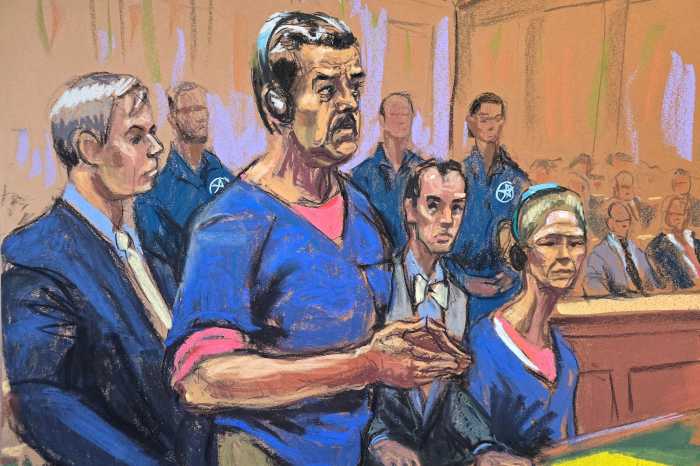Willowbrook State School shuttered in 1987, but the legacy of the troubled institution lives on today in the fight for funding to support people with disabilities, panelists said at an event hosted by the New York Appellate Division, First Department.
Situated on Staten Island, Willowbrook purported to offer medical and rehabilitative care for some 6,000 children and adults with intellectual disabilities at its most full. By the late 1960s, it was plagued by overcrowding, facing public outcry over neglect and lack of care for its residents.
Advocates and family members of former Willowbrook residents commemorated the 50th anniversary of the landmark civil rights case that shut down the neglected facility, speaking at an Oct. 27 continuing legal education panel at the historic First Department courthouse in Manhattan.
Victoria Schneps and her son Josh Schneps, the co-publishers of amNY Law, were among them. Their family played a central role in the push: Victoria Schneps’ late husband Murray Schneps led the class action lawsuit in which her daughter Lara Schneps, a former Willowbrook resident, was a plaintiff.
In the Willowbrook Consent Judgment of 1975, United States District Judge Orrin G. Judd mandated adequate care for the institution’s residents and ultimately forced its closure.
Decades later, the work isn’t done, Victoria Schneps said.
“We are still in a war,” she said, referring to underfunding that leaves facilities understaffed and contributes to the same resident neglect that racked Willowbrook.
Victoria Schneps organized parents to march and picket in protest of budget cuts for facilities that treat those with disabilities. She founded the advocacy nonprofit Life’s WORC, which provides comprehensive services to people with intellectual and developmental disabilities.
Beth Haroules, a New York Civil Liberties Union attorney specializing in justice for people with disabilities, joined the Schneps family on the panel.
“The Willowbrook case generated enormous waves of positive repercussions throughout the state, throughout the country and internationally,” Haroules said.
The facility was a “human warehouse,” according to William Bronston, a physician at Willowbrook, with widespread incidents of violence, squalor and illness. The conditions were exposed through reporting in the Staten Island Advance and Geraldo Rivera’s 1972 broadcast, which led to public outcry and legal action.
Panelists warned that the fight at the heart of Willowbrook advocacy continues. Bureaucratic failures and chronic underfunding are a threat to the progress that the lawsuit established. Haroules said that the funding issues present significant problems for care for the disabled in an era where “federal dollars of the Medicaid system is under enormous attack.”
One urgent problem discussed was housing. Many people with intellectual and developmental disabilities end up being warehoused in hospital psychiatric units because of the delays in the process to find them community, said attorney Leonard Simmons, with Mental Hygiene Legal Service. Simmons detailed how clients with a legal right to community housing are spending “months to over a year” in acute psychiatric facilities — restrictive and inappropriate settings for them — simply because community residences are not adequately supported or incentivized to accept them quickly.
“You have clients who are just waiting for a home and can spend over a year without seeing the light of day, without touching grass, without seeing the sun,” Simmons said.
Marco Damiani, CEO of AHRC NYC, a service provider for people with intellectual and developmental disabilities, said low wages for care workers is another issue tied to inadequate government funding.
“If there was high respect and [understanding] that people with disabilities are like everybody else, then we would see higher wages. I can’t prove that, but I have a strong feeling that’s what it is. That their life is not valued equally to most of us in this room. Therefore, we’re struggling,” Damiani said.
The panel’s message called on state government for a renewed commitment to the legal rights that the Willowbrook case established.
“The story of Willowbrook is not just about yesterday,” said Henry Kennedy, the panel’s moderator and an attorney at Willkie Farr & Gallagher LLP. “But it is very much about tomorrow.”






































